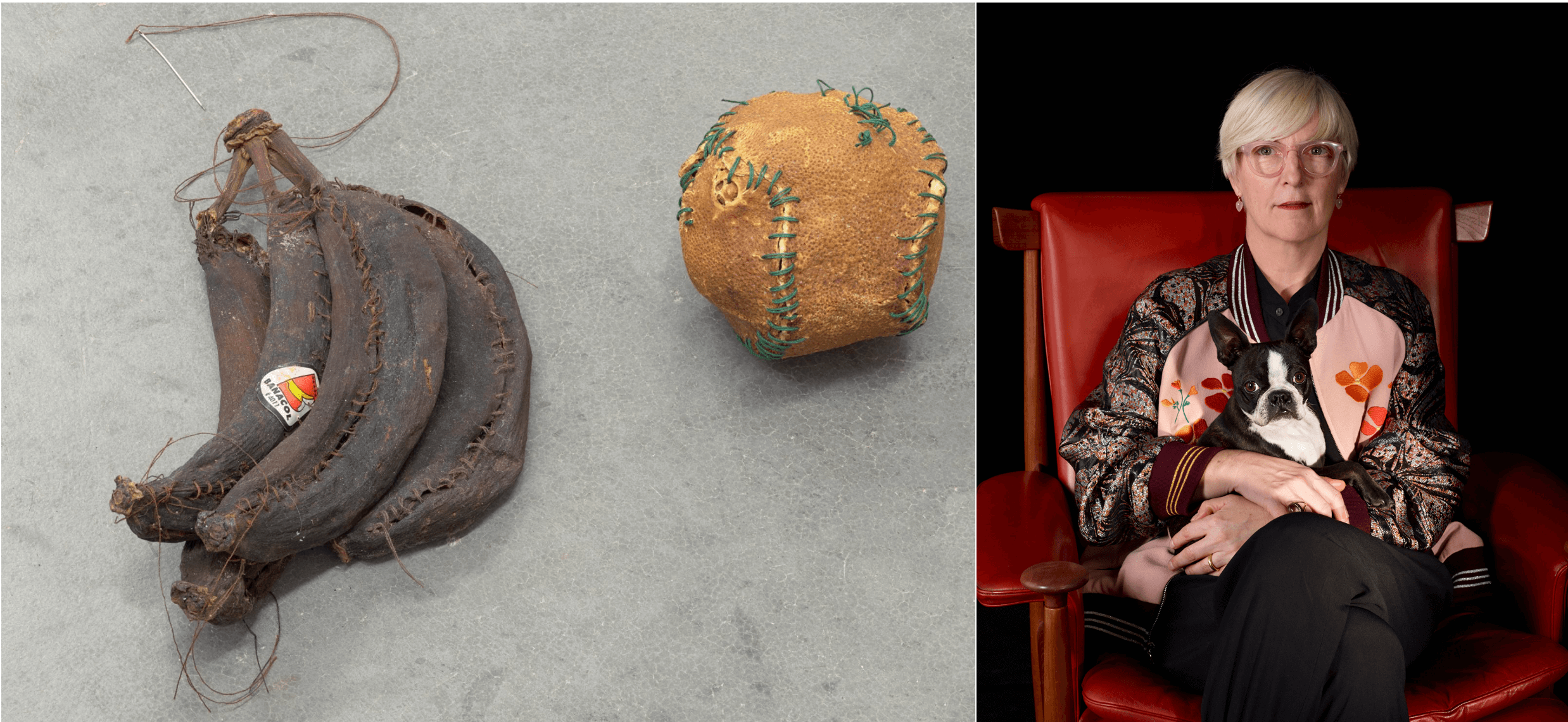The Night Shift
A Lecture by Helen Molesworth.

In this guest lecture the distinguished international curator Helen Molesworth asks: What are the aims of collecting contemporary art for today’s museums? What are the criteria for choosing which art objects will come to have their final resting place in a museum? How does art’s long association with memory and history, and memorialization and death, change over time? And how has the role of the curator changed over time as well, especially when it comes to the ethics of collecting? This lecture looks at the complicated nuances of acquiring art for museums by foregrounding the work American artist Zoe Leonard made in response to the devastating losses of the AIDS/HIV crisis of the 1980s and 90s.
Helen Molesworth is an internationally renowned curator, podcaster, and scholar, who has been a trailblazing figure in queer and feminist art and politics. She has held positions at institutions including Baltimore Museum of Art, Harvard Art Museums, and MOCA: Los Angeles Museum of Contemporary Art, and has curated large-scale exhibitions on artists such as Catherine Opie, Ruth Asawa, and Kerry James Marshall, as well as group shows such as "Work Ethic" (2002), "This Will Have Been: Art, Love & Politics in the 1980s" (2012), and "Leap Before You Look: Black Mountain College 1933-1957" (2015). Her award-winning and critically acclaimed podcasts "Recording Artists: Radical Women" (2019) and "Death of an Artist" (2022) have set a new standard for telling art histories differently. In 2023 she published the book "Open Questions: Thirty Years of Writing About Art" (Phaidon) marking three decades of crucial contributions to the art field.
For questions, please contact Mathias Danbolt or Kerry Greaves.
Map of South Campus
View directions.
View on map of the Faculty of Humanities - South Campus.
View map of South Campus (pdf).
